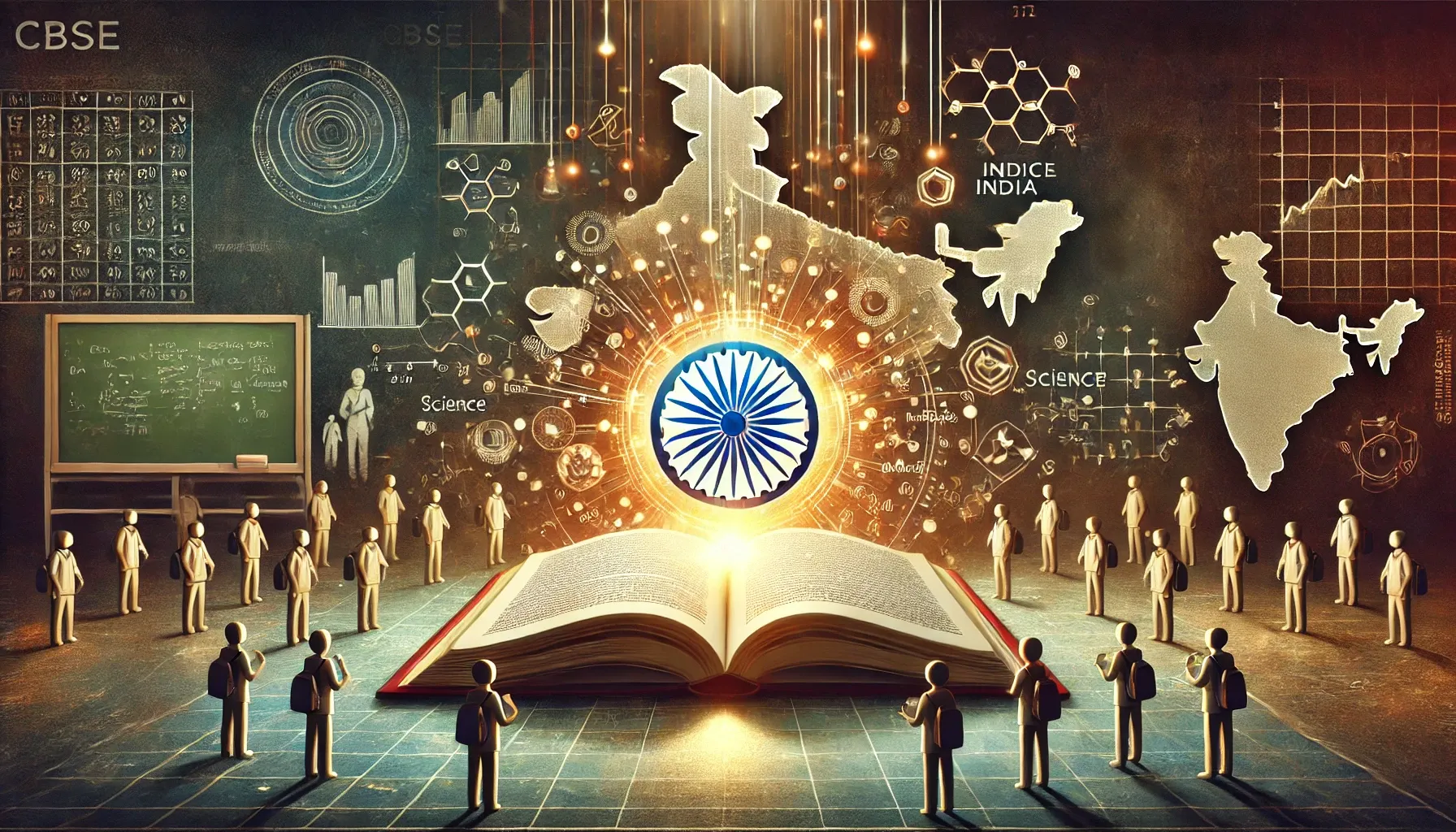UPSC
The Hindu Briefs
CBSE’s Dual Exam Policy: Complexity Over Clarity
Last Updated
27th March, 2025
Date Published
27th March, 2025
Share This Post With Someone

Context:
Published on March 26, 2025, this opinion piece in The Hindu critiques the Central Board of Secondary Education’s (CBSE) two-examination scheme for Class 10 and 12 students, set to begin in 2025-26. Aligned with the National Education Policy (NEP) 2020, the policy aims to reduce exam stress but is argued to introduce logistical and equity challenges, raising questions about its effectiveness in reforming India’s examination system.
Key Information Points:
- Policy Overview: CBSE’s two-exam scheme, approved in February 2025, allows Class 10 and 12 students to take board exams twice yearly—starting mid-February 2026 and a second chance in July 2026—retaining the better score.
- NEP Alignment: Inspired by NEP 2020’s goal to lessen exam pressure, it offers flexibility but risks overcomplicating an already burdened system.
- Student Numbers: Approximately 26.6 lakh Class 10 and 20 lakh Class 12 students are expected to participate annually.
- Core Critique: The scheme is seen as a bureaucratic overhaul that fails to address root issues like rote learning and high-stakes testing, merely adding complexity.
- Financial Burden: A non-refundable fee covers both attempts, collected at registration, forcing even single-attempt students to pay double, disproportionately affecting economically weaker students.
- Equity Concerns: Private coaching may exploit the second attempt, widening educational disparities and contradicting NEP’s equity goals.
- Logistical Issues: Results from the second exam, declared by June-end, could delay Class 11 admissions (typically starting April/May), compressing schedules and causing confusion.
- Remedial Gaps: No structured remedial program exists between exams, limiting improvement opportunities for students who underperform initially.
- Systemic Flaws: India’s exam system, rooted in 19th-century selection mechanisms, prioritizes elimination over learning, a flaw unaddressed by this policy.
- Alternative Suggestion: Competency-based assessments and robust remediation, rather than multiple exams, could better align with NEP’s vision of holistic education.
Key Terms:
- Two-Exam Scheme: CBSE policy allowing two board exam attempts annually.
- NEP 2020: National Education Policy aiming to reform education, including exam stress reduction.
- Rote Learning: Memorization-focused study, a persistent issue in Indian education.
- Competency-Based Assessment: Evaluation emphasizing skills and understanding over memory.
- Educational Equity: Equal access to quality education, challenged by fee structures and coaching reliance.
- Class 11 Transition: Shift from Class 10 to 11, impacted by delayed exam results.
- Examination Stress: Pressure from high-stakes tests, targeted for reduction by NEP.
Link To The Original Article – https://www.thehindu.com/opinion/op-ed/the-cbses-two-exam-scheme-overcomplicates-things/article69378622.ece